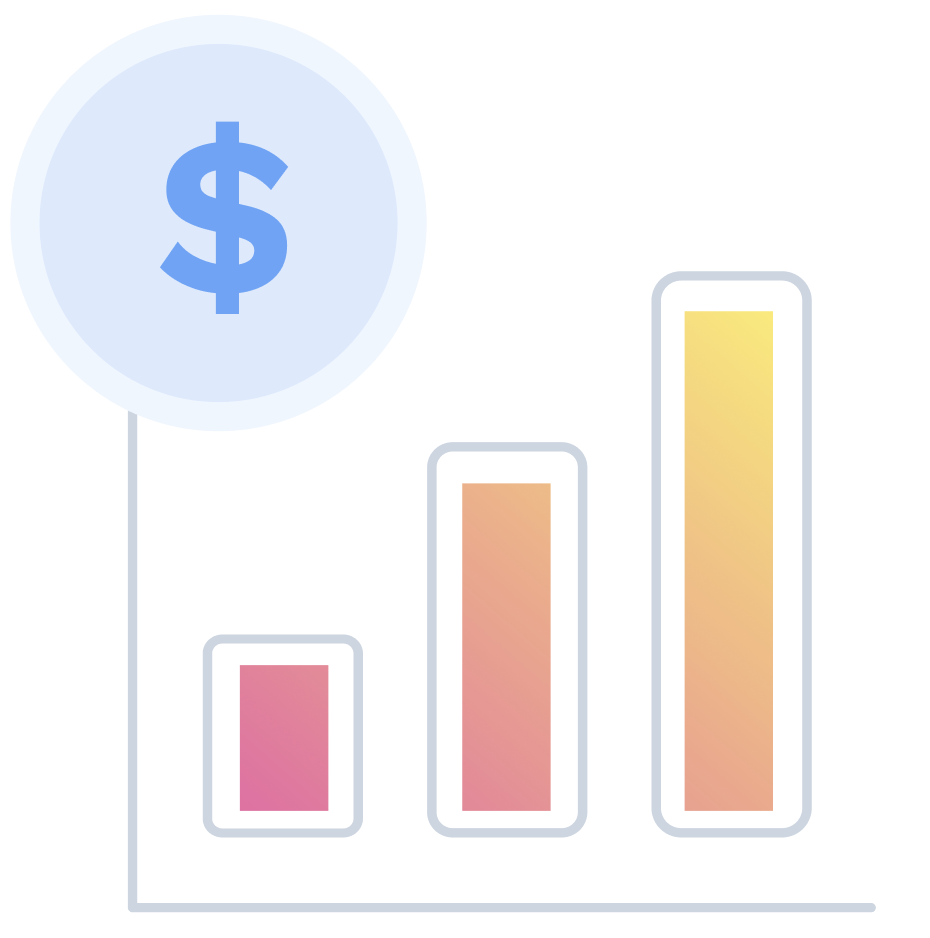The Future of Oncology Research and Innovation

The field of oncology research and innovation is continuously evolving and progressing, leading to new advancements in cancer diagnosis, treatment, and prevention. These advancements include targeted therapies, immunotherapies, and personalized medicine, revolutionizing oncology care and improving patient outcomes. Additionally, emerging technologies such as artificial intelligence, genomics, and big data analytics play a crucial role in oncology research by identifying novel biomarkers, early detection and diagnosis, and improving treatment approaches for individual cancer patients. Furthermore, there is a growing focus on diversity in oncology research and clinical trials, ensuring that the benefits of new treatments approach all populations. However, it is essential to recognize that despite significant advancements in oncology research and innovation, limitations and challenges must be addressed. One primary concern is the high cost of some cutting-edge treatments, which limits acc...


